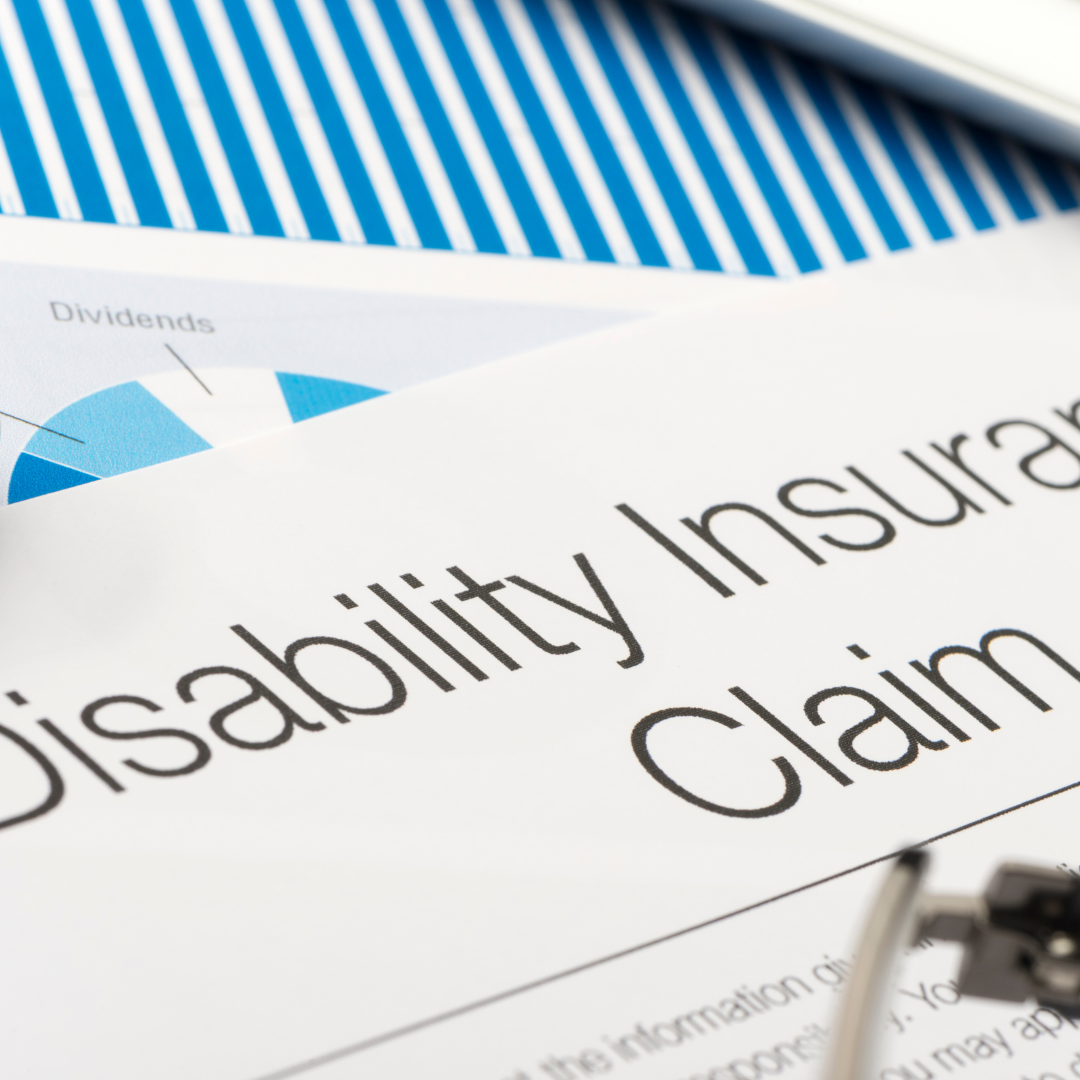Medical professionals are meant to provide objective evaluations, especially in disability claims. But bias—conscious or unconscious—can influence how evidence is interpreted and decisions are made. These assumptions can lead to unjust claim denials, delayed treatments, and even permanent financial harm.
The Impact on Claimants
Bias can appear in many ways: disbelieving a patient’s pain, relying on stereotypes about age or race, or dismissing conditions that lack visible symptoms. These judgments often block recognition of genuine injuries or disabilities, further endangering already vulnerable individuals.
Why Fairness in Evaluation Matters
An unfair assessment doesn’t just harm a claim—it harms lives. When bias clouds medical opinions, it strips claimants of access to care, benefits, and justice. As a result, individuals face unnecessary hardship. Ultimately, everyone deserves a fair chance to be heard, believed, and supported within the system.
Solutions: Training, Oversight, and Advocacy
Reform must include better medical training to recognize and reduce bias, improved oversight in disability evaluation procedures, and advocacy that empowers patients to challenge unfair outcomes. Objective standards must replace subjective judgment in medical legal evaluations.
Rebuilding Trust Through Reform
Removing bias from medical evaluations is essential to restoring faith in the system. Fair assessments lead to better outcomes, lower appeals, and faster recovery. With compassion and oversight, we can protect the rights of those who need help most.
Have you faced an unfair disability evaluation? Speak up. Share your story or connect with an advocate who’s working to reform biased systems and demand fairness for all.


